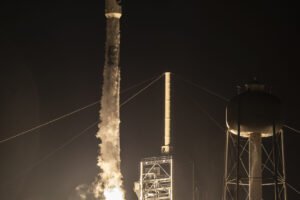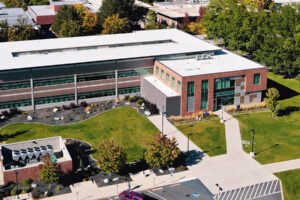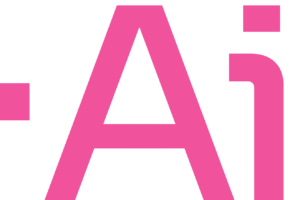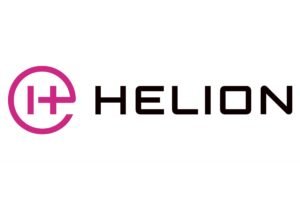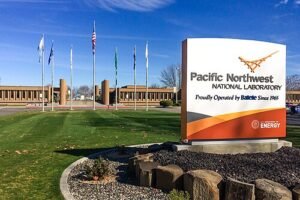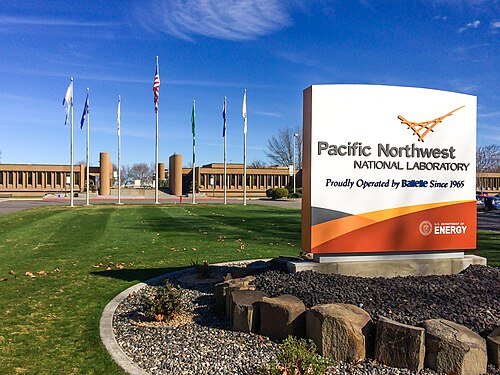In the bustling Pacific Northwest tech scene, a new player is making a name for itself by tackling one of the biggest challenges in education: personalized learning. Wild Zebra, a Seattle-based startup, has quietly made a big splash, securing $2 million in funding to expand its innovative AI tutor to thousands more students. This isn’t just another homework help app; it’s a new approach to education that focuses on deep understanding rather than just finding the right answer. By combining cutting-edge AI with a teaching method that dates back to ancient Greece, Wild Zebra is poised to change how students in our region and beyond learn.
For parents, teachers, and students in Washington and Oregon, this news means a powerful new tool is on the horizon. The company’s recent funding will help it expand its partnerships with schools, making its AI tutor more widely available and integrated into local classrooms. The success of Wild Zebra is a testament to the thriving edtech and AI communities in the Pacific Northwest, proving that our region is a hub for startups that aim to solve real-world problems with smart technology.
What is Wild Zebra and How Does Its AI Tutor Work?
At its heart, Wild Zebra founded by Edan Shahar and Erik Selberg, is an AI-powered study partner designed to help students “think deeply, not just find answers.” The core of its technology is a conversational AI that uses a Socratic method of teaching. Instead of simply giving a student the solution to a math problem or the definition of a historical event, the AI tutor asks thoughtful questions, encourages students to reflect on their own thinking, and guides them step-by-step toward the answer. This unique approach helps students build a genuine understanding of the material, which is much more valuable than memorizing a quick fix.
The AI tutor is also highly personalized. It works by first understanding a student’s knowledge gaps and learning needs. It does this by partnering with the Educational Records Bureau (ERB), a non-profit that provides assessments and data to schools. Using this information, Wild Zebra creates tailored practice sessions that adapt to the student’s progress and even their personal interests, making learning more engaging and effective. For example, if a student loves animals, the AI might use animal-related examples to explain a science concept, making the lesson more memorable. The entire system is delivered as a simple web-based application, making it easy for students to access from any computer or tablet.
The $2 Million Investment: Fueling a Wider Rollout
Wild Zebra’s recent $2 million funding round is a major milestone. While the company is not yet generating revenue, the investment is a strong vote of confidence from backers who believe in the platform’s potential. This money will be used to grow the team of eight employees, expand partnerships with schools, and prepare for a broader rollout in the upcoming school year. The plan is to introduce a fee for schools starting in the fall of 2025, which will help the company build a sustainable business model.
The funding allows Wild Zebra to move from a successful pilot phase—where it has already conducted over 50,000 tutoring sessions with 5,000 students—to a much larger scale. This expansion is critical, as it will enable the company to bring its innovative teaching approach to a wider and more diverse student population, ensuring more young people have access to high-quality, personalized education. The investment also highlights a growing trend in the edtech space: a move away from simple content-delivery platforms and toward sophisticated tools that truly help students learn and think for themselves.
The Pacific Northwest Connection: A Hub for Educational Innovation
Wild Zebra’s decision to base its operations in Seattle is no accident. The Pacific Northwest is a hotbed for educational technology and artificial intelligence research, with a wealth of talent and a strong community of innovators. The region’s major universities, like the University of Washington, are at the forefront of AI research, while a culture of collaboration and social consciousness among tech workers makes it the perfect environment for a startup that aims to do good.
The company’s focus on ethical and purposeful technology also reflects a broader movement in the Pacific Northwest startup community. The name “Wild Zebra” itself is a nod to the “zebra” startup model, which prioritizes building a profitable and sustainable company that also improves society, rather than chasing the “unicorn” status of billion-dollar valuations at all costs. This philosophy resonates deeply with the values of many in the Northwest, who believe that technology should serve a greater purpose.
By integrating into local schools, Wild Zebra is not only building a successful business but is also contributing to the educational landscape of the Pacific Northwest. It’s providing students with the tools they need to succeed in a rapidly changing world, and it’s doing so with a locally-grown, purpose-driven approach that we at NW News are proud to highlight.
Who Benefits from the Wild Zebra AI Tutor?
- Students: Students get a personalized “study buddy” that is available 24/7. It helps them build critical thinking skills by guiding them through problems instead of giving them the answer.
- Teachers: The tool can free up teachers’ time, allowing them to focus on classroom instruction and individual student needs. The platform’s data and insights can also help teachers better understand where their students might be struggling.
- Parents: Parents can feel confident that their children are getting a high-quality, personalized education that is designed to promote genuine learning and academic growth.
- Schools: The AI tutor is designed to integrate seamlessly with existing school systems through platforms like ClassLink and Clever, making adoption and implementation simple and efficient.
Wild Zebra is not just a company; it’s a vision for the future of education. By focusing on deep, personalized learning and ethical technology, this Seattle startup is proving that the next generation of educational tools will be both powerful and purposeful. And for students in the Pacific Northwest, that future is arriving today.
This article was written with the assistance of Ai.






